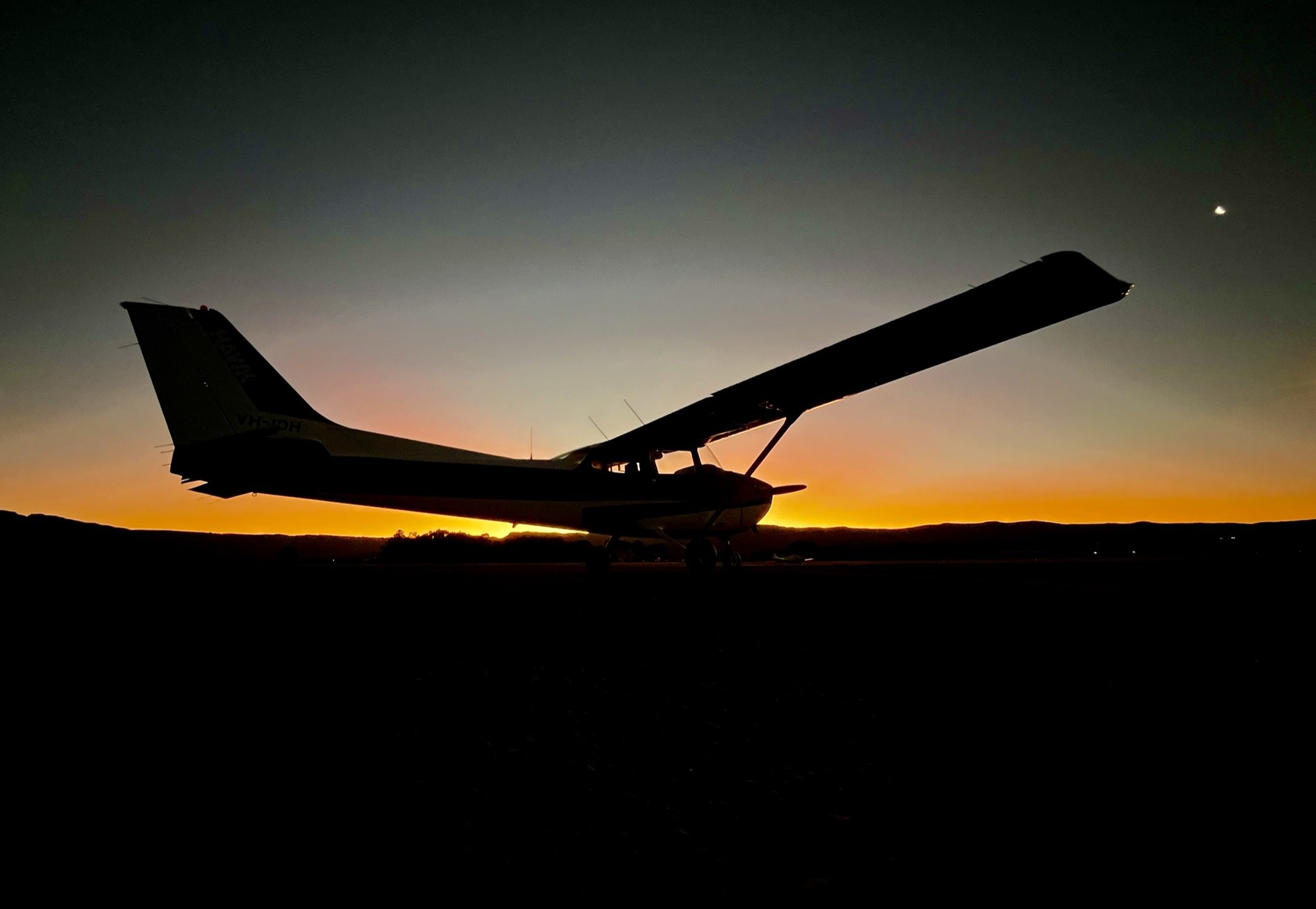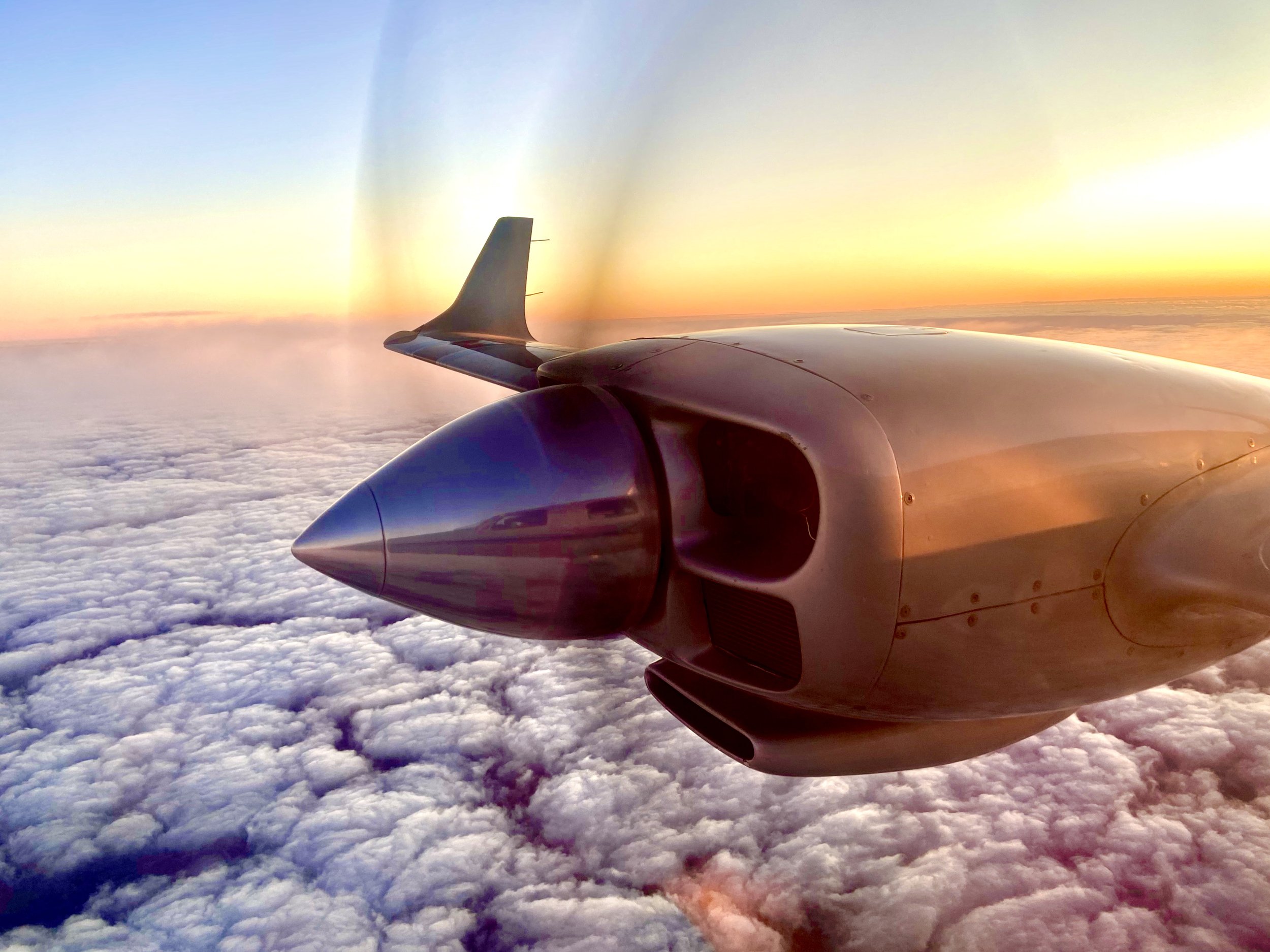
Mob and Community

The local Communities of the Illawarra, Shoalhaven, Greater Sydney, NSW Southern Highlands, Wreck Bay ACT, and Tamworth will are engaged with FNA in programming. In the long term with accommodation issues being resolved on site, this project would increase capacity to service Aboriginal clients outside these areas for Cadet Placements. First Nations Aviation believes it is essential in engaging the Community in programming and has developed partnerships to deliver on these outcomes which include:
-
Cultural training will be an integral part of FNAs aviation programme; with potential for overlap of skills such as metrology and survival skills. These subjects will be delivered by Elders and Community Knowledge Holders on country.
-
First Nations Aviation, acknowledge the traditional owners on which the aviation programming will take place.
Aircraft will be painted in Indigenous livery to maximise exposure and promote First Nations Aviation.
The community will access services that appeal to cultural requirements in service delivery.
-
Non-Indigenous teachers will participate in cultural awareness training as organised by FNA. This will assist non-Indigenous teachers gain both an understanding and appreciation for culture in the local area. This will be extended to on country experiences where appropriate.
-
First Nations Aviation will conduct on country training and mentoring experiences on the first Monday of every month to enhance culture and Dharawal bush skills for students. These days will be facilitated by mentors and will be open to all in community.
With a bus, it is expected groups of students, mentors and community members once per month, will access Country (along with other community groups in buses).
These days will be facilitated by Elders and Community Knowledge Holders. Skills such as fire making, topography familiarisation, water & food, and simple bush medicines will assist with survival training, whilst instilling cultural understanding.
Students will be issued bush kits including: orienteering equipment, overnight kit and appropriate footwear and clothing. This will be to encourage accessing country to maintain culture while contributing to Student WH&S on Dharawal Country. These packs would also accompany the cadets when taken cross country on navigation flight training exercises.
Encouraging external Dharawal Country access by students keen to explore their cultural identity, in conjuction with the kits will contribute to health outcomes; whilst instilling both survival skills and culture.

Family & Education
Acknowledging the deep ties of kinship and culture, First Nations Aviation realise the importance of engaging family and parents in delivering educational outcomes to Aboriginal and Torres Strait Islander students. First Nations Aviation has developed strategies to involve parents and caregivers as educational stakeholders in high school aviation programming. This will be done by:
-
FNA will work with all educator stakeholders to deliver outcomes based around addressing schooling issues such as retention, behaviour and performance through agreements signed by First Nations Aviation, care givers, parents, principals, and students.
-
A focus on learning and a commitments to education will be achieved through structured aviation training including First Nations modules such as Country Knowledge.
-
FNA mentors will work with Schools that have existing Aboriginal Education Assistant's and facilitators to maximise student's success in the air and in formal education at school.
-
Going home & Community contact is important for Indigenous Community members to maintain access to their own Community and Country. FNA will make this access to Community available through planning navigation training; and around Community access and maintaining attachment to own country.

Celebration of Successes
-
In addition to celebrating through online social media and promoting partners, at the beginning of each year, FNA will hold a black tie dinner to acknowledge graduates and celebrate with programme partners, parents and community.
Networking to link up students, staff, and community will take place while newly enrolled students are presented with uniforms and aviation kits, instilling FNA’s culture of achievement from the earliest opportunity.
FNA will work with stakeholders to collect and report on statistics surrounding these strategies and overall evaluation.
-
FNA's monthly newsletter will be distributed to schools, programme participants and the community via social media and online. This will be another means to celebrate success and aviation achievement within the organisation while maintaining a profile in the community.
The newsletter will also profile Indigenous aviation professionals. Advertising will highlight aviation industry employment and training opportunities both with FNA and externally through referrals.






